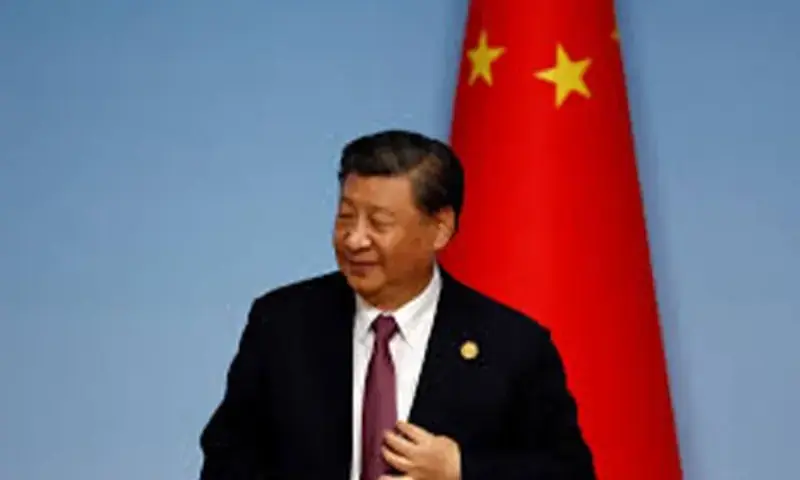BRICS leaders unite against trade protectionism, tariff policies
Leaders of the 11-member BRICS bloc strongly criticised rising global economic protectionism and the use of tariffs as political tools during a high-level virtual summit.
The meeting, initiated by Brazilian President Luiz Inácio Lula da Silva, saw unified calls to defend multilateralism and fair trade practices amid growing trade tensions.
Chinese President Xi Jinping led the charge, urging BRICS members to “resist all forms of trade protectionism” and support a multilateral economic order grounded in mutual cooperation and shared interests.
Citing the need to uphold the global trading system, Xi emphasized the importance of reinforcing the role of the World Trade Organization (WTO) in preserving international trade norms.
“Tariff blackmail is being normalised as an instrument to conquer markets and interfere in domestic affairs,” said President Lula, referring to the increasing reliance on unilateral trade measures.
His remarks were echoed by South African President Cyril Ramaphosa, who warned that such practices are contributing to a protectionist climate that poses serious risks to Global South economies.
The summit’s firm stance comes amid a deepening global trade rift, particularly between China and the United States. Since entering office for a second term, US President Donald Trump has further escalated the use of tariffs as a key tool in advancing American trade and foreign policy, drawing sharp criticism from BRICS leaders.
Ironically, as China once criticized for its state-controlled economy positions itself as a defender of free trade, the US, traditionally seen as a free-market leader, continues to lean on sanctions and protectionist policies.
Earlier, Chinese foreign ministry spokesperson Lin Jian described BRICS as “an important platform for solidarity and cooperation among emerging markets and developing nations.” He added that the group remains committed to defending multilateralism, fairness, and global stability in the face of increasing unilateralism.
Comprising nearly 40% of the world’s GDP and almost half of the global population, the BRICS alliance has positioned itself as a counterweight to Western-dominated economic frameworks, advocating for a more inclusive and balanced international order.
For the latest news, follow us on Twitter @Aaj_Urdu. We are also on Facebook, Instagram and YouTube.

























Comments are closed on this story.